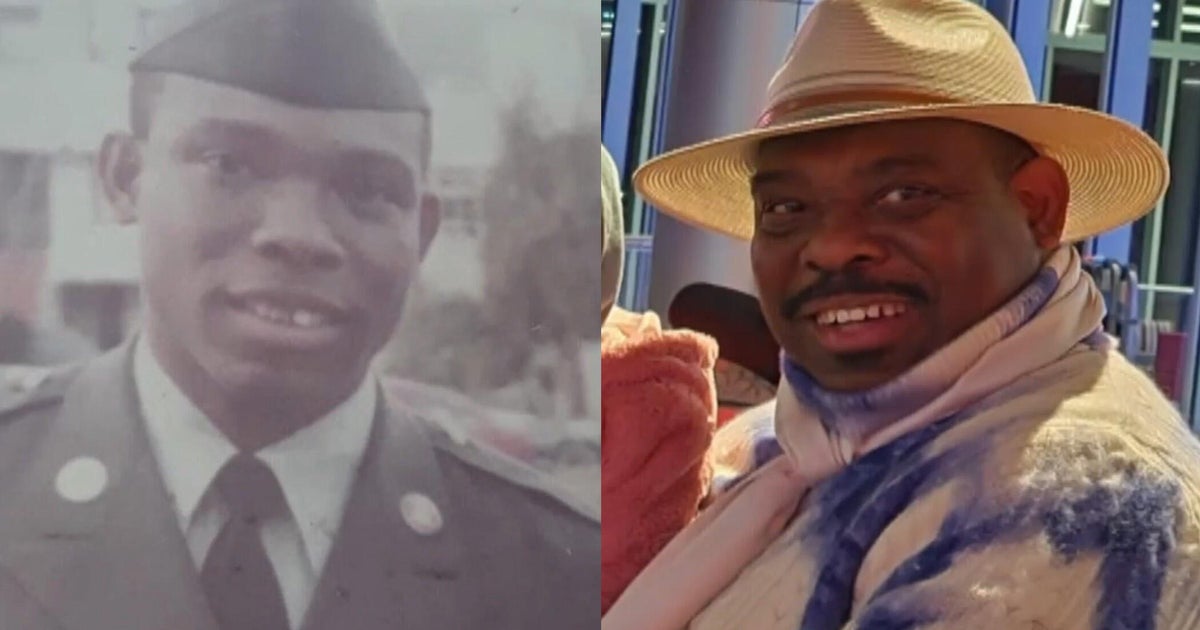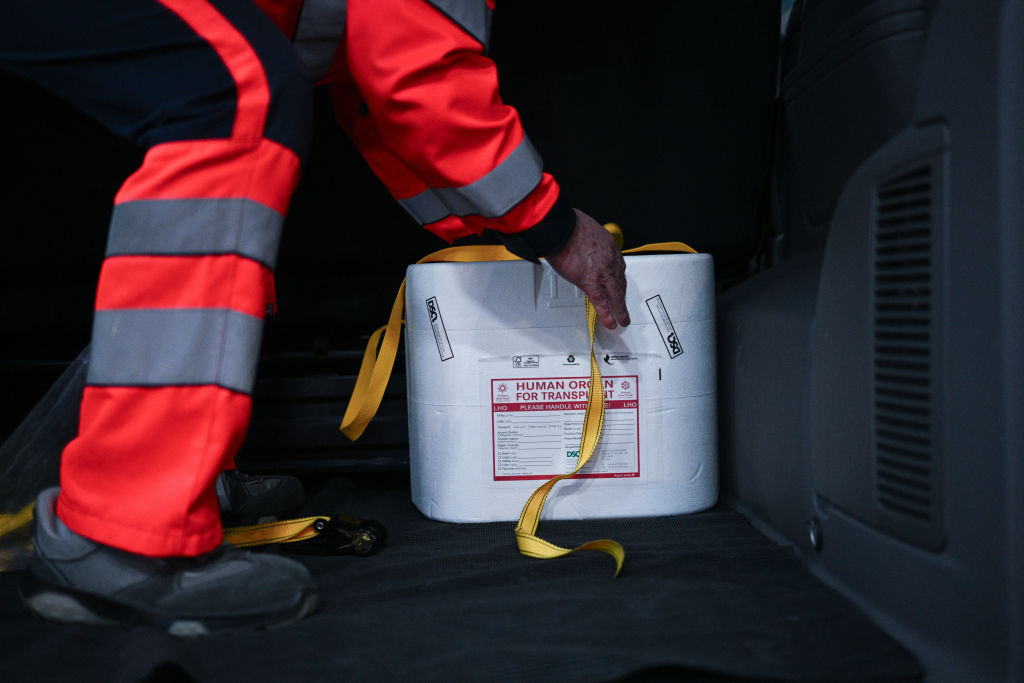Feds crack down on bogus military charities
The Federal Trade Commission has announced a sweeping crackdown on fake nonprofits that mislead donors into believing they're supporting a military or veterans group. The agency's "Donate with Honor" campaign has enlisted more than 70 agencies in all 50 states to file legal actions against more than 85 bogus charities.
"Americans are grateful for the sacrifices made by those who serve in the U.S. armed forces," said FTC Chairman Joe Simons in a prepared statement released on Thursday. "Sadly, some con artists prey on that gratitude, using lies and deception to line their own pockets. In the process, they harm not only well-meaning donors, but also the many legitimate charities that actually do great work on behalf of veterans and service members."
In a 36-page list of enforcement actions, the FTC detailed a vast number of organizations that used misleading nomenclature and false claims to dupe donors into thinking they had given to groups that help veterans and current members of the armed forces.
Help the Vets, for example, took in more than $20 million with claims that it would use the money to assist veterans with grants, medical care, suicide prevention programs and therapeutic retreats. In reality, these programs were fabricated. The money went to the organization's founder and paid fundraisers, the federal agency said.
Likewise, a group of related organizations including Veterans of America, Vehicles for Veterans, Saving our Soldiers, Act of Valor and Medal of Honor were all operated by a Utah man named Travis Deloy Peterson. According to a government complaint, Peterson used robocalls to encourage individuals to donate their cars, boats, real estate and timeshares, which Peterson sold at auction. Although Peterson's robocalls assured donors that their gifts were tax-deductible, none of Peterson's companies were tax-exempt nonprofits.
Several California organizations -- American's Heroes Foundation, Yellow Ribbons America, American Veterans Foundation -- also failed to register or file nonprofit reports. The National Vietnam Veterans Foundation raised between $5 million an $9 million annually. Nearly all of the money went to the fundraisers, according to regulators.
Another, Operation Troop Aid, was supposed to send care packages to service members. However, a 16-state investigation found that the organization lacked oversight or records of these donations and spent money at the discretion of the group's chief executive.
Peter O'Rourke, acting secretary for the U.S. Department of Veterans Affairs, said the real tragedy of these bogus veterans groups is they not only steal donor's money, they steal their trust.
"They discourage contributors from donating to real veteran's charities," he said.
Although plenty of bogus groups masquerade as military charities, dozens of legitimate organizations do great work, according to Charity Navigator, a nonprofit research group. In fact, Charity Navigator lists dozens of military-oriented groups with four-star ratings, broken down by what they do.
Before donating to any organization, Charity Navigator recommends making sure that the group is a legitimate nonprofit by asking for the charity's EIN (employer identification number). If the fundraiser refuses to give it to you, don't donate. If the fundraiser does give you an EIN, plug it into Charity Navigator's search engine, which will tell you what the charity does, whether it's rated and where you can find its most recent financial reports.



